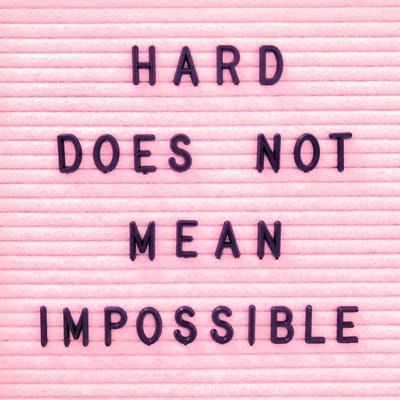As a parent, the last thing you want is to see your child involved in an accident and injured, especially if that accident occurs as a result of another person’s actions.

Life can be unpredictable, however, which means that all parents should be prepared to defend their children in a court of law if the need should arise. If your child has been injured due to the negligence of another person, making the decision to file a personal injury claim may be right for you.
What is a Personal Injury Claim?
For those unfamiliar with this type of law, a personal injury claim occurs when one person has been injured in some way due to the direct or indirect actions of another person. The injured party files an official lawsuit against the party they believe caused their injuries on the grounds of negligence. Generally, the point of this type of lawsuit is to receive compensation for injuries that the plaintiff suffered. The median award for personal injury lawsuit cases is $31,000, which goes to show how much is potentially on the table to earn.
Common Types of Personal Injury Claims
There are a number of different types of personal injury claims that may reach a court of law, but the most common types include some of the following:
- Slip and fall accidents in a public area
- Animal attacks due to an off-leash animal
- Emotional distress incidents
- Vehicular accidents with other vehicles or pedestrians
- Medical malpractice lawsuits
- Defective products that injure a person
- Wrongful death following a serious accident
All of the above are just the most common examples of personal injury lawsuits, but any situation where someone acts with negligence and another person is injured could be grounds for a personal injury lawsuit.
4 Elements of a Personal Injury Claim to Prove
When taking someone to court under a personal injury lawsuit, whether for yourself or on behalf of your child, there are four primary items that must be proven to make a case. In order, these four items include:
- Duty of Care
First and foremost, it must be shown that the party who is being sued had a duty of care to keep the plaintiff safe. More specifically, according to the definition for duty of care, it must be shown that the defendant had a requirement to act towards others and the general public with a certain level of attention, caution, and prudence that an average person would use. As an example, a driver on the road has a duty of care to drive in a safe manner and in such a way that they do not cause an accident.
- Breach of Duty of Care
Second, it must be shown that the defendant’s actions qualify as a breach of their duty of care. This means that whatever action they took must have been so careless that is qualified as being negligent, meaning a reasonable person in the same situation would not have done the same. Following the above example, a driver getting distracted by their phone and running through a red light could qualify.
- Proximate Causation
Third, it must be shown that proximate causation also exists. This simply means that the negligent actions of the person who owed you a duty of care must be sufficiently related to the cause of your injuries to such a degree that the court considers their actions responsible. In following the same example, if the driver ran through a red light and struck your child who was crossing the road and had the right of way, proximate causation would likely be found.
- Damages
Finally, it must be proven that the damages requested by the plaintiff align with the level of injuries they had as a result of the actions of the defendant. Therefore, if your child was struck by a vehicle, the driver could be held liable for all the medical bills. However, if they later fell down the stairs of their own accord and broke their arm, the cost of their arm surgery could not be included in damages for this separate case.
How Does a Personal Injury Case Change When a Minor is Involved?
When a minor is involved in a personal injury case, things can get a little bit trickier. For those considering pursuing a child injury lawsuit, you may need to represent your child in the eyes of the court and speak to their needs in regards to settlement. Naturally, a child cannot debate settlement options on their own due to their age, so a parent is allowed to handle this on their behalf. In most cases, you will need to provide the court with proof of settlement that also indicates the injured party was a minor and unable to argue the settlement on their own behalf.
On the other side of things, however, it’s also worth discussing a situation in which your own child causes the injury of somebody else. While finding children negligent tends to be more difficult given their age, it is certainly possible. However, children do not have much money on their own which makes garnering compensation difficult. Typically, the insurance that the child is under will pay for injuries or it will be up to the parents of the child to meet the financial obligation that the court determines. In some cases, the financial obligation may be delayed until the child turns 18 years of age.
Secure legal protection for your child
As a parent, it’s your duty to protect your child from the things they cannot protect against themselves. When they are injured as a result of someone else’s negligence, pursuing a personal injury lawsuit on their behalf in the court of law can be beneficial. Seek out financial compensation for your child’s injuries by gathering all the necessary evidence regarding the accident so that you can make your case to the judge.
- Why You Should Hire a Lawyer if a Car Accident Has Affected Your Health
- What Lawsuit Loans Are And Why You Should Be Familiar With Them
- 6 Ways a Car Accident Lawyer Increases Your Winning Chances in a Law Court
- He Says Your Only as Good as Your Truck Is - 2017 Ford Super Duty
- Who Can Be Held Liable for Your Child's Injury at a Hotel?








